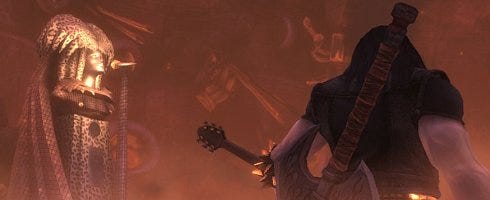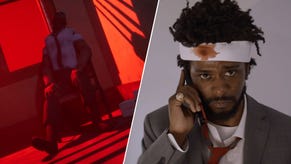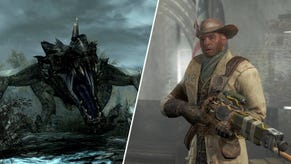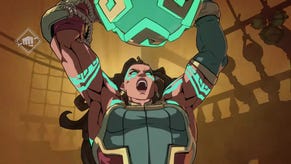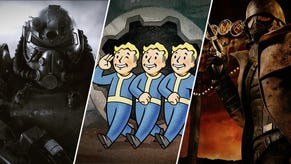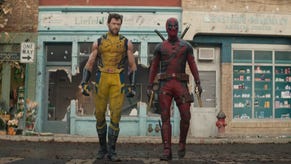Double Fine countersues Activison over Brutal Legend
Double Fine has filed a countersuit against Activision over the publisher trying to stop Brutal Legend from being released.
A hearing is currently scheduled for July 30 for Acti's motion, and Double Fine claims the original suit was filed by its former publishing partner to "protect the sales of Guitar Hero."
Interestingly, according to the lawsuit, DF is claiming Activision canceled the project after acquiring Vivendi when it was realized Brutal Legend could not be turned into a "Guitar Hero sequel."
Expect this to get even uglier until the judge weighs-in later this month.
Full thing below courtesy of the Associated Press.
SANTA MONICA, Calif. (AP) -- The maker of an upcoming video game starring Jack Black has accused gaming giant Activision in a lawsuit of trying to kill the project to preserve its popular "Guitar Hero" franchise.
The allegations were made in a countersuit filed last week by San Francisco-based Double Fine Productions against Activision Entertainment Inc., which sued the gamemaker in June. Activision's suit aimed to stop release of "Brutal Legend" by rival firm Electronic Arts.
"Brutal Legend" is scheduled for release in October. It features Black as a heavy-metal roadie transported to a mythical ancient world to fight evil.
A hearing is scheduled July 30 on a motion by Activision to block the game's release.
Double Fine's countersuit contends Activision's lawsuit was filed to hurt the company and the game, and that it was involved in unlawful business practices and a conspiracy to protect "Guitar Hero" sales.
Activision's "purpose is not only to cancel 'Brutal Legend,' but to kill it completely so that 'Guitar Hero' would not have to face the competition," the lawsuit claims.
An e-mail seeking comment from an Activision representative was not immediately returned Wednesday.
Double Fine was developing "Brutal Legend" for Vivendi Universal Games, which is now Activision Entertainment Holdings Inc.
But Double Fine's suit claims Activision never showed interest in the game and canceled it in 2008 after it acquired Vivendi Universal Games. That was after an effort to convert the game into a "Guitar Hero" sequel failed, the suit claims.
Double Fine said in a statement it intends to fight for the survival of "Brutal Legend," which has been heavily promoted at this year's Electronic Entertainment Expo and on gaming Web sites.
"Now that we've found a publisher and the game is getting sensational coverage, they want to stop its release," Double Fine Chief Operating Officer Caroline Esmurdoc wrote in a statement. "Double Fine's countersuit is a demonstration of our intention to fight for this game -- Activision will not kill 'Brutal Legend.'"
Double Fine states in its lawsuit that the company's survival depends on the successful release of "Brutal Legend."
The suit claims Activision prefers to develop games based on its successful roster, including the "Call of Duty" and "World of Warcraft" series, and games based on movies, rather than original titles.
Activision's initial lawsuit claimed it and Double Fine had negotiated to try to keep the game, which suffered some delays, on track. An agreement was never reached, and Activision contends it never relinquished its rights to the game and that Double Fine improperly transferred "Brutal Legend" to Electronic Arts.
Activision claimed it would be seriously harmed if EA were allowed to release the game.
Double Fine's countersuit seeks a judge's ruling that Activision actually terminated its agreement and that the company was free to sell it to EA.
EA, based in Redwood City, is also a gaming heavyweight, with rights to the popular "Madden NFL," "Medal of Honor" and "The Sims" franchises.
Double Fine's lawsuit states that delays in the game's development were caused by the casting of top-notch voice talent to accompany Black's vocals, and to expand its single-player mode. Those changes were requested by Vivendi Universal Games, according to the lawsuit.
